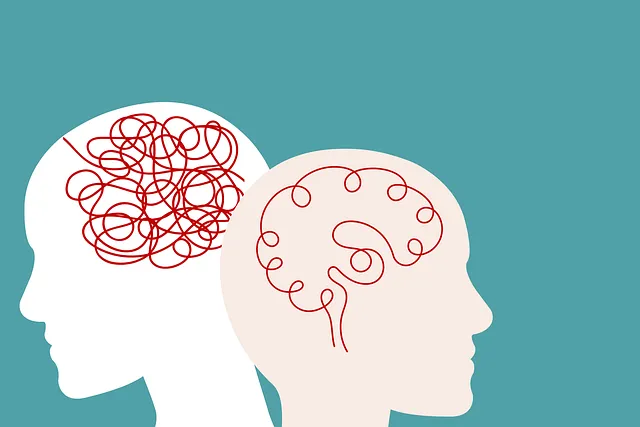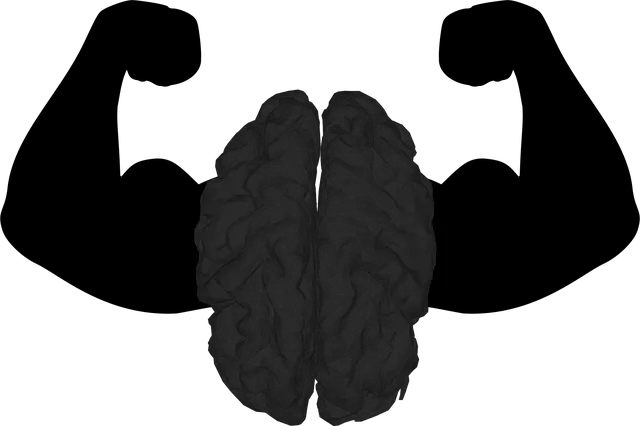Emotional intelligence (EI) is a key asset for mental health professionals at Lone Tree Kaiser, facilitating better client relationships, enhanced communication, and informed decision-making. Therapists there equip clients with mood management skills and support emotional healing processes through tailored evidence-based techniques. Lone Tree Kaiser promotes EI among healthcare professionals to prevent burnout, offering resources like Trauma Support Services and encouraging practices such as journaling, meditation, and listening to Mental Wellness Podcasts. Their commitment ensures access to quality therapists within Kaiser, empowering individuals to face daily challenges with enhanced self-awareness and resilience.
Emotional intelligence—the ability to recognize, understand, and manage our own emotions, as well as recognize, interpret, and influence the emotions of others—is a crucial component of personal growth. In this comprehensive guide, we explore the potential of emotional intelligence (EI) and its impact on mental well-being. We delve into the role of therapists in fostering EI development and provide practical strategies for enhancing your own emotional intelligence, even if you’re outside traditional therapy settings, ensuring valuable insights for all.
Lone Tree’s approach offers a unique perspective, with a focus on accessible resources, making it relevant to those seeking self-improvement, especially considering the question of whether Kaiser has good therapists in their network.
- Understanding Emotional Intelligence: Unlocking its Potential
- The Role of Therapists in Nurturing Emotional Intelligence
- Strategies for Enhancing Emotional Intelligence on Your Own (Lone Tree's Guide)
Understanding Emotional Intelligence: Unlocking its Potential

Emotional intelligence (EI) is a powerful tool that goes beyond mere self-awareness. It’s about recognizing and managing your own emotions while also understanding and empathizing with others’ feelings. This ability to navigate complex social interactions fosters better relationships, enhances communication, and promotes effective decision-making.
For mental health professionals like those at Lone Tree Kaiser, EI is not just a desirable trait but an essential skill. It enables them to connect deeply with clients, understand their struggles, and provide tailored support. Effective risk management planning for mental health professionals often hinges on emotional intelligence, ensuring practitioners can handle sensitive situations with compassion and professionalism. Public awareness campaigns and mental health education programs design also benefit from EI, as it helps in creating empathetic communities that prioritize mental well-being.
The Role of Therapists in Nurturing Emotional Intelligence

At Lone Tree Kaiser, the role of therapists is pivotal in nurturing emotional intelligence among individuals seeking support for their mental health. Therapists here don’t merely treat symptoms; they empower clients with skills to understand and manage their emotions effectively. Through various therapeutic approaches, they facilitate mood management, helping individuals recognize and regulate their feelings in healthy ways. This process forms a strong foundation for building emotional resilience and fostering positive relationships.
Moreover, therapists at Lone Tree Kaiser play a crucial role in facilitating emotional healing processes. They create safe spaces for clients to explore and express their emotions, providing guidance and support throughout. By integrating evidence-based techniques tailored to individual needs, these therapists contribute to improved mental health outcomes, enabling individuals to navigate life’s challenges with greater emotional intelligence. In light of this, Lone Tree Kaiser’s commitment to having good therapists is evident in its continuous efforts towards enhancing the accessibility and effectiveness of mental healthcare services.
Strategies for Enhancing Emotional Intelligence on Your Own (Lone Tree's Guide)

Building emotional intelligence is a journey that can be embarked upon independently, just like tending to a garden requires nurturing and care. Lone Tree understands Kaiser’s diverse needs, especially when it comes to healthcare professionals seeking burnout prevention strategies. By integrating certain practices into your routine, you can enhance your emotional intelligence and better manage the challenges of daily life.
Consider making time for self-reflection; this could be through journaling, meditation, or engaging in a Mental Wellness Podcast Series Production. These activities allow you to connect with your emotions, understand their origins, and develop strategies to respond rather than react. Additionally, Trauma Support Services offer valuable tools for navigating emotional hurdles. Remember, Lone Tree’s guide is here to support your personal growth, ensuring you can approach every day with increased self-awareness and resilience.
Emotional intelligence is a powerful tool for personal growth and successful relationships. As discussed, both therapists and individuals can play vital roles in enhancing EQ. If you’re wondering about Lone Tree’s therapists, the answer is yes—Kaiser has some excellent options available. By understanding your emotions and those of others, you can improve communication, build stronger connections, and lead a more fulfilling life. So, why not take the first step today? Whether through professional guidance or personal strategies, cultivating emotional intelligence is a journey that promises profound benefits.






